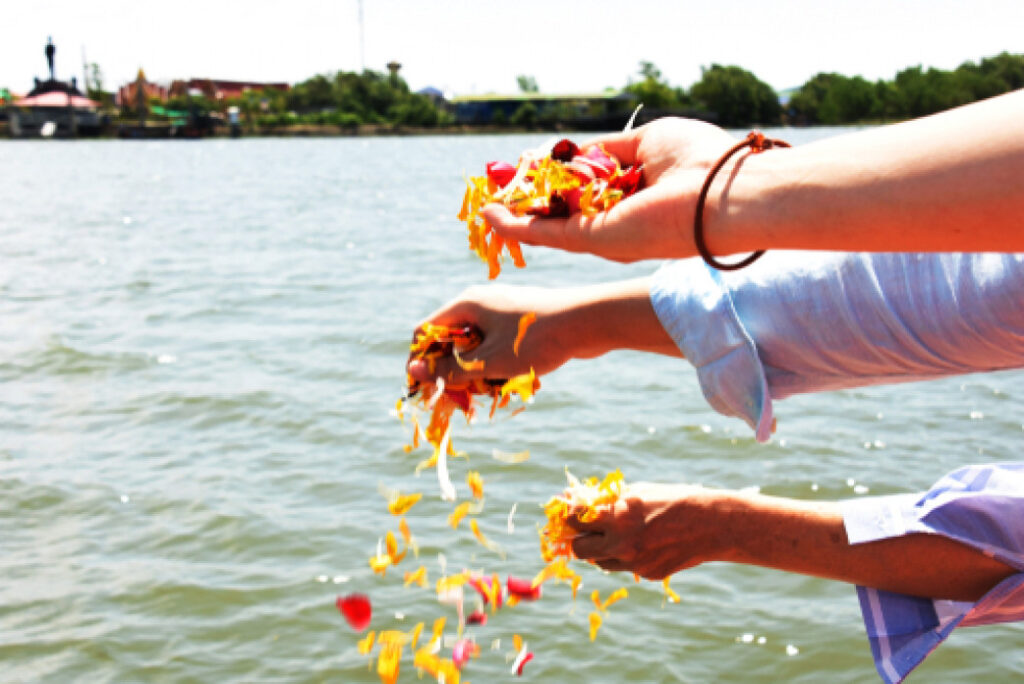
Cremation, the practice of reducing a body to ashes through intense heat, is a burial alternative that holds diverse cultural and religious significance around the world. This blog post delves into the customs and traditions of cremation in various cultures and religions, shedding light on the rich tapestry of beliefs and practices that surround this solemn rite. From the ancient practices of Hinduism to modern-day adaptations, let’s explore how different societies approach cremation as a way of bidding farewell to their departed loved ones.
Cremation in Hinduism
Hinduism, one of the world’s oldest religions, has a deep-rooted association with cremation. According to Hindu beliefs, the body is merely a vessel, and the soul transcends to the next life after death. The cremation process, often conducted on the banks of sacred rivers like the Ganges, symbolizes the release of the soul from its earthly ties. The ashes are then scattered into the river, completing the cycle of life and death. This ritualistic approach to cremation highlights the Hindu emphasis on spiritual liberation and the cyclical nature of existence.
Buddhist Views on Cremation
In Buddhism, the perspective on cremation varies across different branches and cultures. Some Buddhist communities practice cremation as a way to free the soul from the physical body, while others opt for sky burials or water burials. The choice between cremation and other methods often reflects the belief in impermanence and detachment from material possessions. This demonstrates how Buddhism’s teachings influence funeral practices and encourage a contemplative approach to death and transition.
Cremation Among Christians
Christianity encompasses a wide range of denominations, each with its own views on cremation. Historically, many Christian traditions favored burial due to the belief in bodily resurrection. However, in recent times, the acceptance of cremation has grown. The focus has shifted from the method of disposal to the theological understanding of the afterlife. Some Christian denominations view cremation as a viable option, emphasizing the importance of faith rather than the physical state of the body.
Islamic Traditions of Burial
Islam, a religion deeply rooted in tradition, has specific guidelines for burial. In Islamic culture, cremation is generally prohibited, as it contradicts the reverence for the body and the principle of returning it to the earth. Muslims follow a strict set of rituals when burying their deceased, including washing the body, shrouding it in a simple cloth, and conducting prayers before interment. This practice aligns with the Islamic belief in resurrection and the Day of Judgment.
Cremation in Modern Societies
As societies become more diverse and interconnected, cremation practices have evolved to accommodate changing beliefs and preferences. In many modern cultures, cremation is seen as a practical and environmentally conscious choice. Crematorium have emerged as facilities designed to handle the cremation process efficiently and respectfully. These facilities provide a neutral space where families from various backgrounds can honor their loved ones according to their individual customs and traditions.
Conclusion
Cremation is a timeless practice that reflects the deep-seated beliefs and values of different cultures and religions. From the spiritual significance of Hindu cremations to the contemplative approach of Buddhism, and from the evolving perspectives within Christianity to the steadfast Islamic traditions, each culture’s customs surrounding cremation offer unique insights into their perspectives on life, death, and the afterlife. As modern societies continue to adapt, crematoriums play a pivotal role in facilitating these diverse practices, ensuring that every individual’s final journey is respected in accordance with their beliefs.
